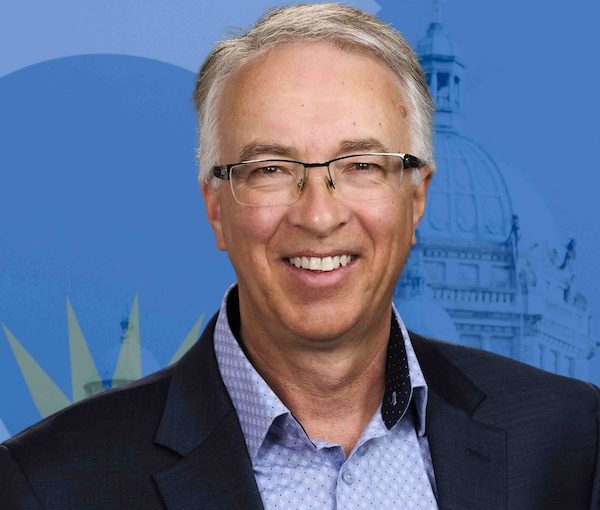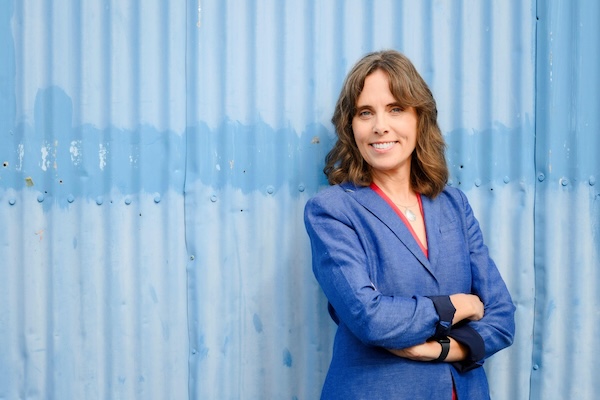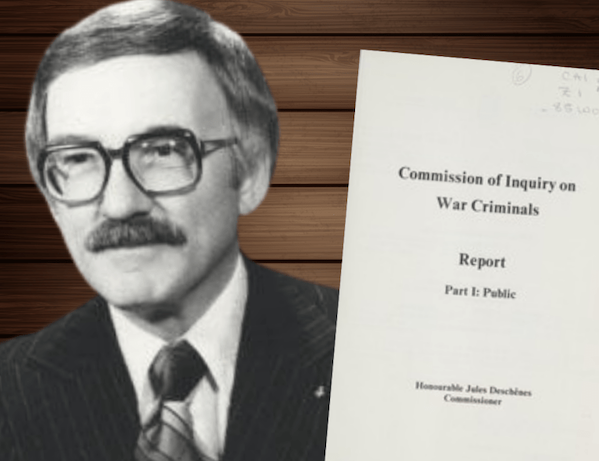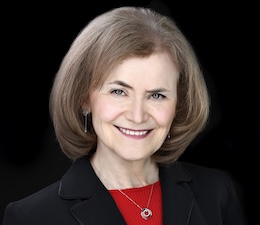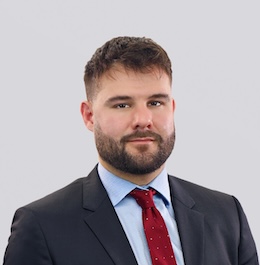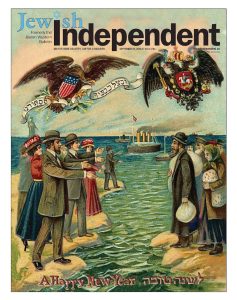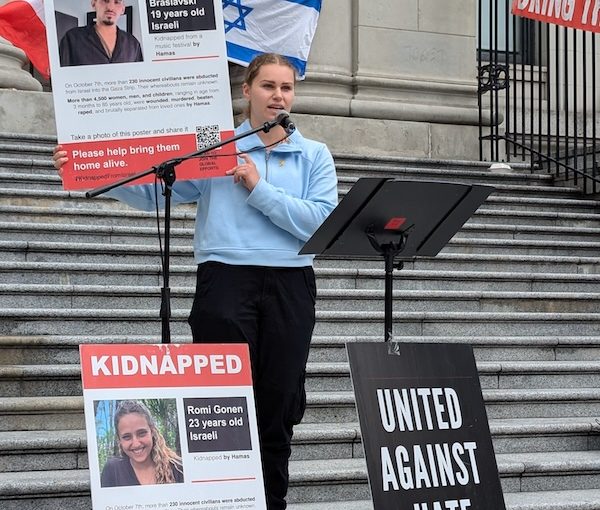BC Conservative leader John Rustad believes “we need to have a heavy focus on getting our economy back up and running in this province.” (photo from conservativebc.ca)
John Rustad’s party has been on a bit of a losing streak. It’s been 96 years since the BC Conservatives last won a provincial election. But Rustad – and plenty of keen political observers – see a once-in-a-century opportunity when voters choose a new government Oct. 19.
Opinion polls show Rustad’s Conservatives, who took less than 2% of the vote in the last provincial election, close to, tied with, or in some cases surpassing the incumbent New Democrats.
In a dramatic deal to unite right-of-centre forces and forestall a reelected NDP government, the BC United party folded its tent last month. Kevin Falcon, who rebranded the official opposition BC Liberals to the BC United party last year, made a deal with Rustad to end the United campaign and endorse the Conservatives. Falcon’s party had plummeted so far in the polls that complete obliteration seemed likely. The move blindsided members of Falcon’s caucus, some of whom are now running as independents, a few of whom are running as Conservatives and several more of whom have retired from politics.
Speaking to the Jewish Independent, Rustad said Jewish British Columbians should see him as a friend.
“The community will find an ally in me,” said Rustad, citing rising antisemitism as unacceptable.
“What’s happening within communities and people not feeling safe, and what’s happening in our universities and in our school system and, quite frankly, in government – that is something that I will work very hard to bring to an end,” he said.
Rustad supports the current government’s commitment to mandatory Holocaust education.
“That was actually something I [said] we would be implementing before even the government talked about doing it,” said Rustad, who reflected on the impact a visit to the Vancouver Holocaust Education Centre had on him during a tour of the Jewish Community Centre of Greater Vancouver. “There are too many people in British Columbia that don’t understand our full history and need to understand it – not just British Columbia’s or Canada’s history, but world history.”
Rustad was moved by the words of a Jewish woman in her 60s who recently told the Conservative leader she is considering leaving the province because of the antisemitism here. Her parents were Holocaust survivors, Rustad recalled the woman saying, and the climate in BC right now feels “a lot like 1932 from what her parents had described,” he said.
“I was shocked at that, to think that that’s how people could feel about what’s going on here in British Columbia,” he said. “So, to me, that really hit home in terms of changes that we need to be able to do in British Columbia.”
Standing against antisemitism and against hate in any form, said Rustad, is core to who he is.
“People should be able to be safe, people who come here, they should be able to raise their children and not feel as though they’re being persecuted or not feel that sort of fear,” he said.
Issues Rustad is hearing from voters include employment and affordability, which he said are leading too many people to consider abandoning the province.
“With one in three people in BC thinking about leaving this province, and particularly one in two youth thinking about leaving this province, having them being able to build a future in BC is critical and that means we have to be able to address affordability, which includes housing,” he said. “You can address those things but if people don’t have a job, they’re not going to stay. So, we need to have a heavy focus on getting our economy back up and running in this province, and start to address this massive deficit that we have.”
Keeping people in the province also requires that people feel safe, he added.
“It means we have to address addictions and crime, to make people feel safe in British Columbia – and that crime is not just physical crime but also hate crimes,” Rustad said.
Appropriate access to health care is another topic Rustad will raise throughout the campaign.
The folding of the BC United party and the agreement to incorporate some United MLAs and candidates into the Conservative slate has been a sometimes-public struggle. The Conservatives had already identified candidates in the vast majority of the province’s 93 ridings. BC United also had most of their candidates in place. The Falcon-Rustad deal meant many candidates, mostly BC United, had to bow out.
“It’s been interesting, obviously, having options,” Rustad said of his party’s juggling act with a surplus of nominees. “But, at the same time, I believe strongly in loyalty to my candidates, to people who have worked hard to help us build this party and so I’ve tried my best to honour that as part of this process, but also to make sure that we honoured the discussion that we had between the United party and the Conservative party.”
He estimated that somewhat fewer than a dozen BC United candidates have now been nominated by the Conservatives and said his party is still in talks with United officials about other issues. BC United still exists as a party, even though it has stopped campaigning. It could be revived in future and must run at least two candidates in the election after this one to maintain its registration.
The BC Conservatives have not elected a member to the BC Legislature since a 1978 by-election.
Rustad and the seven other members of his caucus were all elected as BC Liberals. Rustad was fired from the Liberal caucus two years ago by Falcon and became Conservative leader last year. He represents the sprawling central BC riding of Nechako Lakes and was first elected in 2005. He served as minister of aboriginal relations and reconciliation and as minister of forests, lands and natural resource operations under former premier Christy Clark.

